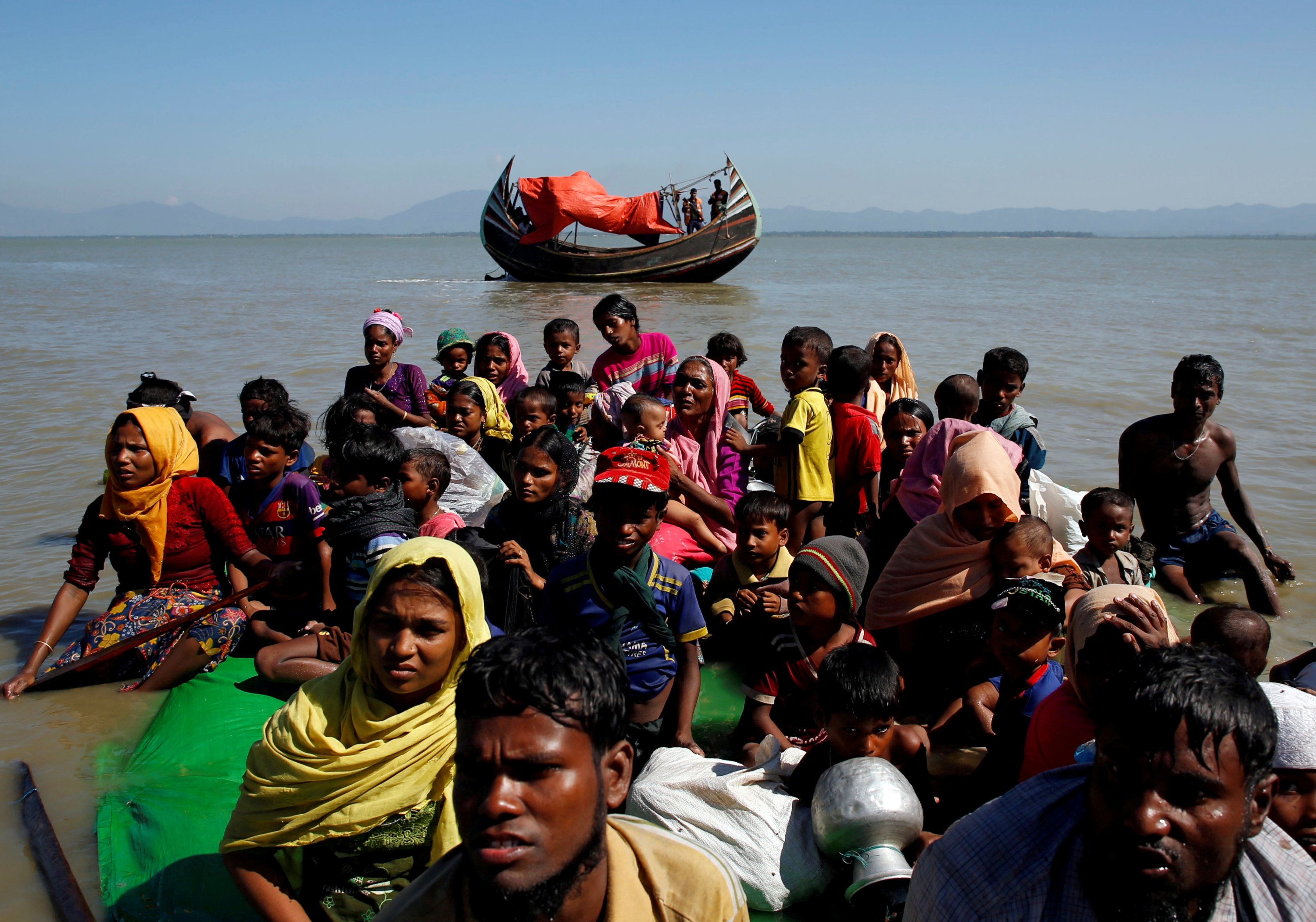The ongoing deportation of illegal Indian migrants from the United States has sparked political reactions in India, particularly from a Punjab minister belonging to the Aam Aadmi Party (AAP). The minister’s appeal to Prime Minister Narendra Modi for intervention, however, appears unwarranted. The reality is that the US, like India, is grappling with the economic and social burden of illegal immigration, deciding to deport undocumented individuals legally justified.
According to official figures, the United States has approximately 10.5 million unauthorized immigrants, constituting 3% of its total population. Among them, Indian illegal immigrants form the third-largest group, with an estimated 725,000 residing without proper documentation. The Pew Research Center confirms that Indians follow Mexicans and Salvadorans in the rankings of unauthorized immigrants. The influx of undocumented migrants places an immense strain on public resources, law enforcement, and social services.
Before polls, US President Donald Trump has made it clear that deportation of illegal immigrants will be a priority if he returns to power. His stance, which applies to migrants of all nationalities, including those from China, India, and Mexico, aligns with his campaign promise to strengthen border security and uphold national sovereignty.
India faces a similar challenge with illegal immigration, particularly from neighboring countries like Bangladesh and Myanmar. Reports from institutions such as Jawaharlal Nehru University (JNU) highlight the socio-economic and political consequences of illegal migration in India, particularly in regions like Delhi-NCR. The influx of undocumented migrants, facilitated by political patronage, has contributed to demographic shifts and increased strain on resources.
The history of illegal migration into India dates back decades. During the Bangladesh War of 1971, approximately 10 million Bangladeshis sought refuge in India. Since then, unauthorized immigration has remained a persistent challenge. Government estimates suggest that the number of illegal Bangladeshi immigrants in India has reached nearly 20 million, mostly residing in some northeastern states like Assam and West Bengal. The 2001 census recorded 3.08 million Bangladeshis residing in India, with West Bengal being the most affected state.
Recognizing this issue, the Modi government has taken steps to identify and deport illegal migrants. The state of Assam, for instance, has initiated measures to detect and expel undocumented individuals. However, opposition parties, some of which rely on illegal immigrants as vote banks, have resisted these efforts, complicating the deportation process.
The US is not alone in its approach to immigration control. Countries across Europe, including the UK, Germany, France, and Denmark, are struggling with the security implications of illegal immigration. The UK Parliament has even raised concerns over the demographic impact of unchecked migration, predicting a significant shift in the country’s religious and cultural composition if current trends persist.
China, despite being a non-democratic state, has taken stringent actions against unauthorized immigrants, particularly those considered a security risk. The country has implemented detention policies for specific groups, citing national security concerns. While such measures may be controversial, they underscore the global recognition of illegal immigration as a pressing issue.
Given the scale of illegal immigration, nations must work together to address the issue. The US has already begun repatriating undocumented immigrants with the consent of their home countries. India, under Modi’s leadership, has agreed to cooperate with the US in taking back its citizens who have entered illegally.

Rather than opposing deportations, Indian political leaders should focus on reintegrating returnees and addressing the root causes of migration. Many illegal Indian immigrants, particularly from Punjab, reportedly enter the US through Canada, facilitated by human trafficking networks. Strengthening border security and cracking down on illegal migration channels should be prioritized over political posturing.
The US government’s decision to deport illegal migrants, including Indians, is not an act of discrimination but a necessary step to uphold its laws and protect its economy. Similarly, India must take decisive action against illegal immigration, drawing lessons from international practices. Instead of resisting deportation, political parties in India should work towards sustainable solutions that prevent illegal migration and ensure national security. Cooperation among nations in handling unauthorized immigration will ultimately lead to stronger, more stable societies.







